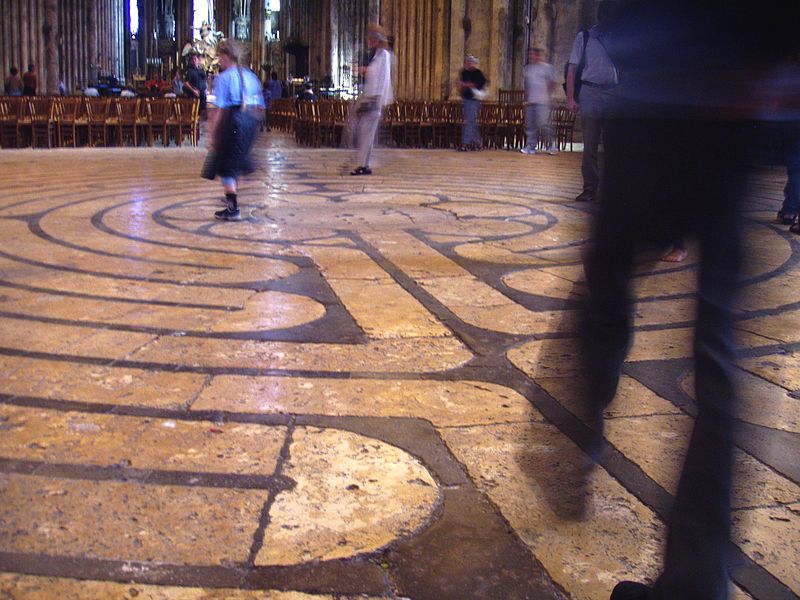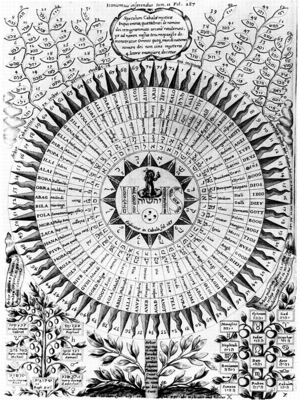When he took the three disciples
to the mountainside to pray,
his countenance was modified, his clothing was aflame.
Two men appeared: Moses and Elijah came;
they were at his side.
The prophecy, the legislation spoke of whenever he would die.
Then there came a word
of what he should accomplish on the day.
Then Peter spoke, to make of them a tabernacle place.
A cloud appeared in glory as an accolade.
They fell on the ground.
A voice arrived, the voice of God,
the face of God, covered in a cloud.
What he said to them,
the voice of God: the most beloved son.
Consider what he says to you, consider what's to come.
The prophecy was put to death,
was put to death, and so will the Son.
And keep your word, disguise the vision till the time has come.
Lost in the cloud, a voice: Have no fear! We draw near!
Lost in the cloud, a sign: Son of man! Turn your ear!
Lost in the cloud, a voice: Lamb of God! We draw near!
Lost in the cloud, a sign: Son of man! Son of God!







